SentencingStats.com Joins Microsoft Partner Program and Secures $250K in Azure Support
SentencingStats.com Selected for Google Cloud for Startups Accelerator – Secures $25K Grant
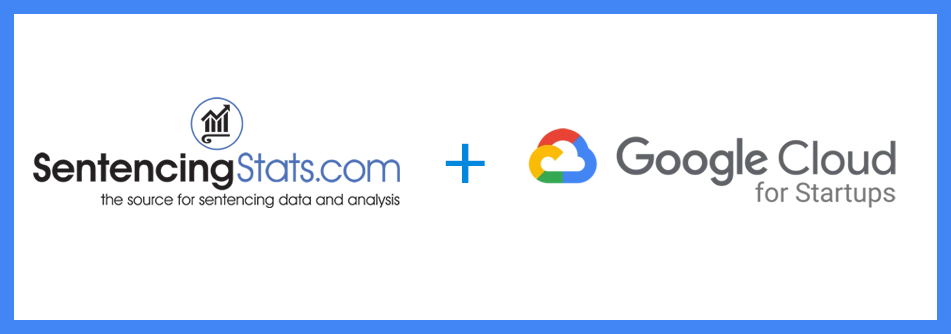
All the latest Federal Sentencing news and analysis brought to you free by SentencingStats.com

SentencingStats.com Joins Microsoft Partner Program and Secures $250K in Azure Support
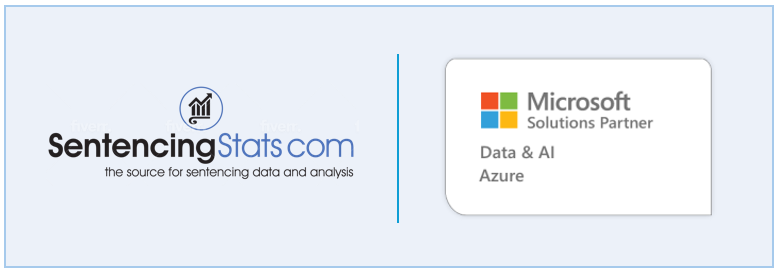
SentencingStats.com Joins Microsoft Partner Program and Secures $250K in Azure Support

SentencingStats.com, the leading platform for federal sentencing analytics and research, is proud to announce the appointment of former U.S. District Judge and Harvard Law Professor Nancy Gertner to its Advisory Board.

SentencingStats.com, a leader in federal sentencing and prison analytics, today announced its acceptance into NVIDIA Inception, an exclusive accelerator supporting startups at the forefront of artificial intelligence, data science, and high-performance computing. This partnership underscores SentencingStats’ commitment to transforming federal sentencing into a more equitable and transparent process through advanced machine learning capabilities.
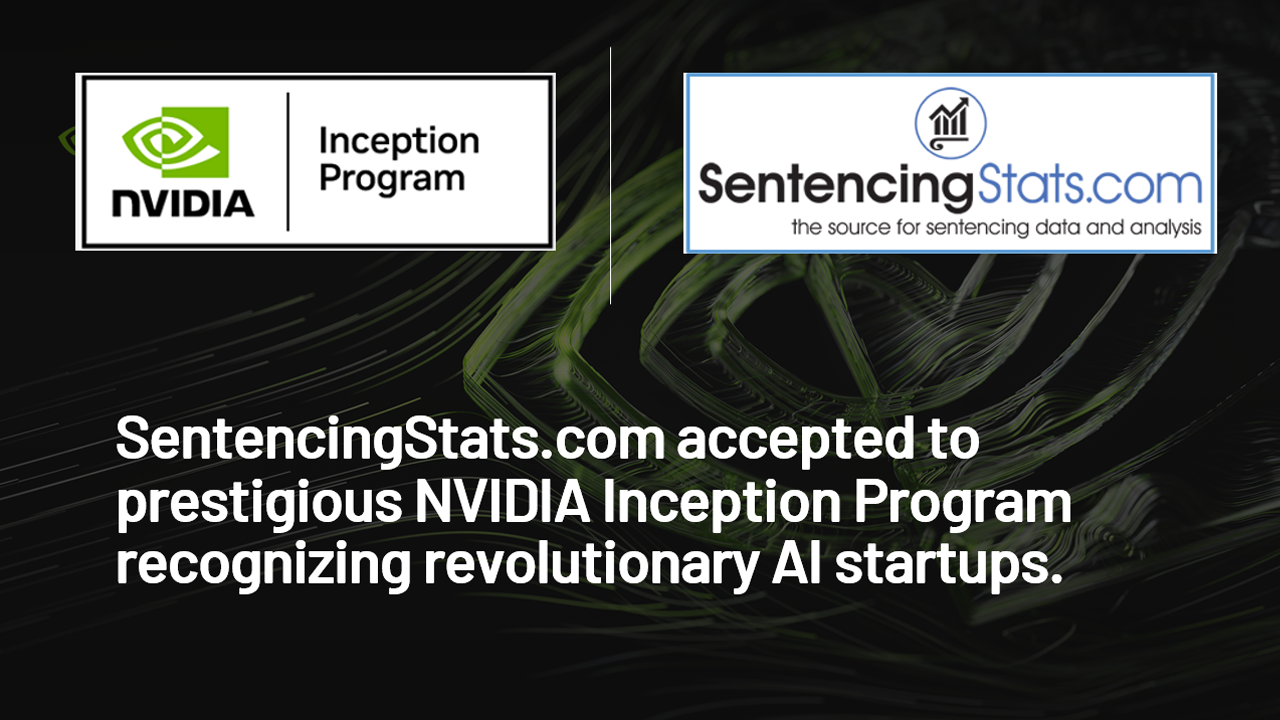
SentencingStats.com, a leader in federal sentencing and prison analytics, today announced its acceptance into NVIDIA Inception, an exclusive accelerator supporting startups at the forefront of artificial intelligence, data science, and high-performance computing. This partnership underscores SentencingStats’ commitment to transforming federal sentencing into a more equitable and transparent process through advanced machine learning capabilities.
SentencingStats.com recently completed a comprehensive analysis of the sentencing outcomes for defendants involved in the January 6th incident at the U.S. Capitol. This study examines 934 defendants who were convicted and sentenced through August 12, 2024. The findings shed light on significant sentencing disparities arising from the exercise of judicial and prosecutorial discretion, highlighting critical gaps in the current legal framework.
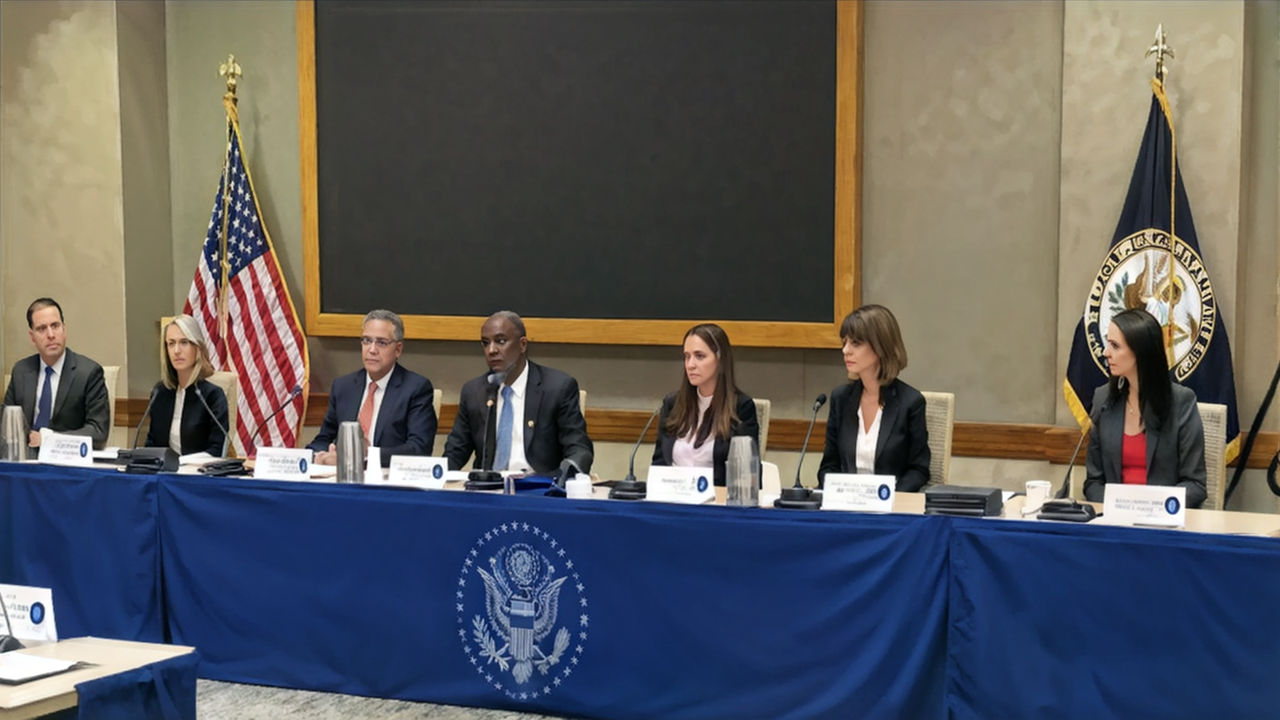
Bloomberg Law asked our President and Chief Research Officer, Mark Allenbaugh, to weigh in on a significant legal challenge to the U.S. Sentencing Commission’s policy on compassionate release. This policy allows courts to consider nonretroactive changes in law when evaluating requests for sentence reductions, a critical tool for addressing outdated sentences. However, the U.S. Department of Justice (DOJ) argues that this policy exceeds the Commission’s statutory authority, claiming it effectively makes nonretroactive laws retroactive.
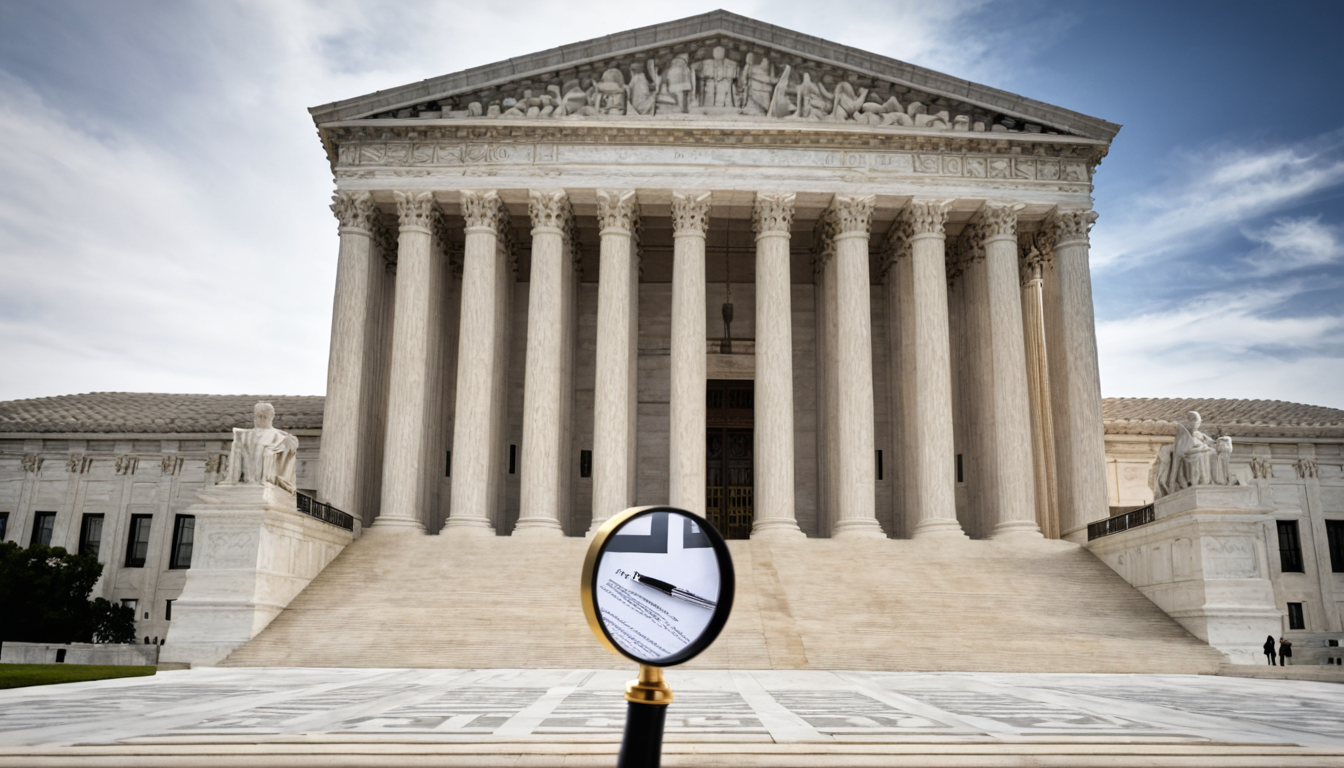
Will Thompson v. United States Redefine Fraud Laws?
The Supreme Court’s Thompson v. United States could redefine federal fraud law, specifically limiting charges to explicit falsehoods. Currently, misleading statements—even half-truths—are often treated as fraud, but Thompson challenges this interpretation, highlighting a split between circuits. If the Court narrows the definition, fraud prosecutions may only target direct lies, impacting both charges and plea deals.
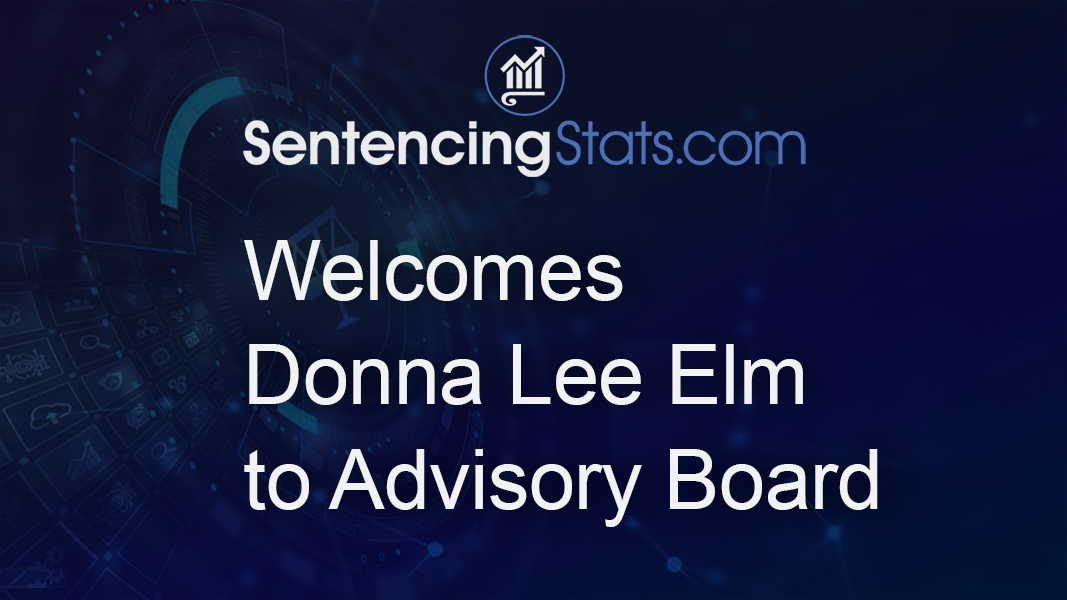
SentencingStats.com, a leading provider of federal sentencing analytics and artificial intelligence solutions for sentencing analysis, is proud to announce it has been selected for a Level 4 founder grant from Microsoft for Startups Founders Hub, a global program that helps early-stage companies scale their businesses.
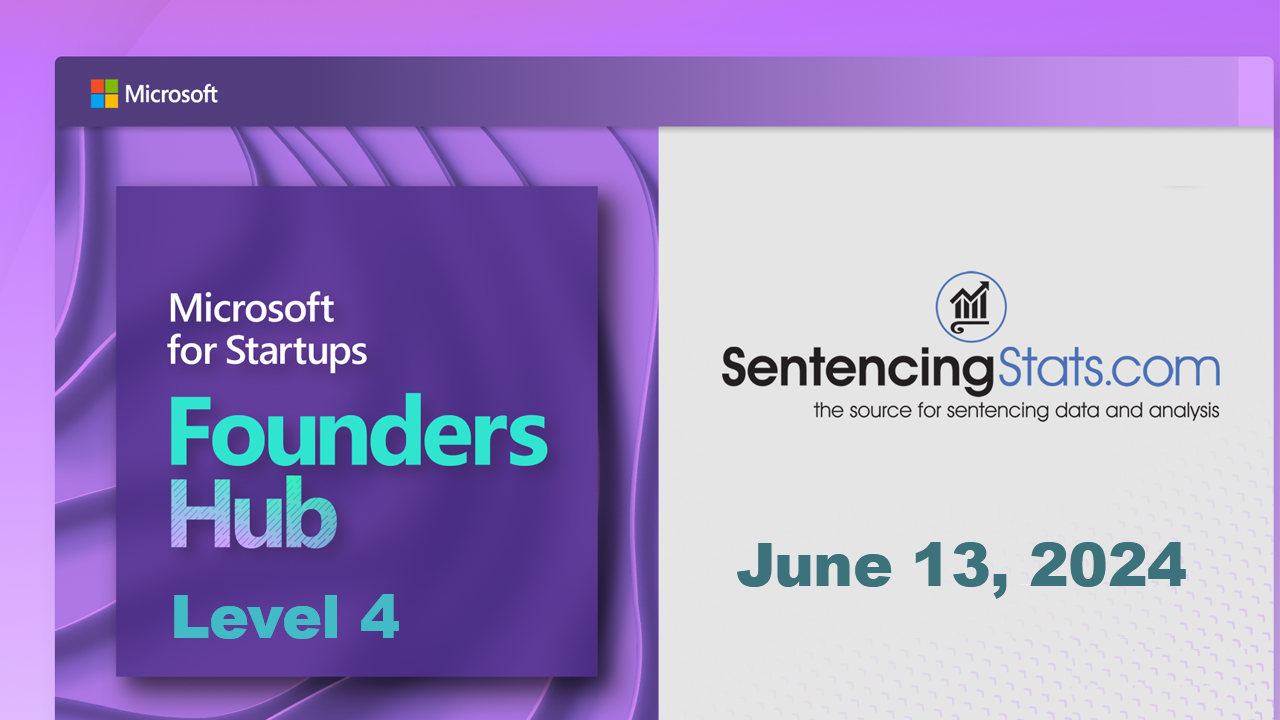
SentencingStats.com, a leading provider of federal sentencing analytics and artificial intelligence solutions for sentencing analysis, is proud to announce it has been selected for a Level 4 founder grant from Microsoft for Startups Founders Hub, a global program that helps early-stage companies scale their businesses.